
A conversation on antimicrobial stewardship with Kushal Naik, PharmD, MBA.

A conversation on antimicrobial stewardship with Kushal Naik, PharmD, MBA.
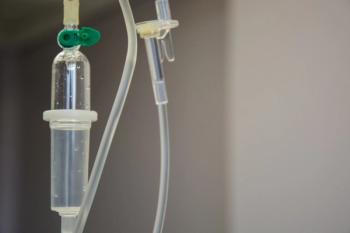
An investigational therapy demonstrated neutralizing antibodies as well as protection against the virus in preclinical trials.

A study looked at hospital admissions of Medicare patients and saw a large percentage of recurrent Clostridioides difficile infections (rCDI) as the primary diagnosis.

No difference was observed in any of the outcomes and there was no impact on the duration of therapy.
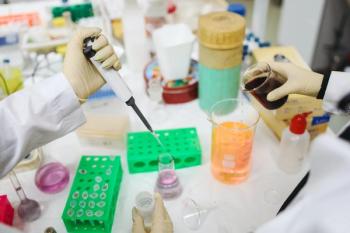
GDC and DSENS were both seen to be safe and effective tools to optimize therapy in the study participants.
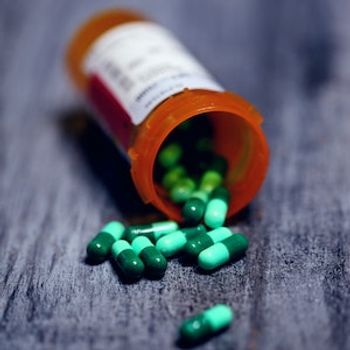
An effort to increase stewardship showed that 5-day and 10-day prescription stop dates for antibiotics did little to influence actual therapy length and outcomes.

A diagnostic analyzer was studied looking at 3 biomarkers to predict the level of COVID-19, and could potentially serve as a risk stratification tool.

An assessment from the Cleveland Clinic shows prescribing concordant to guidelines can exceed 60% in certain facilities.
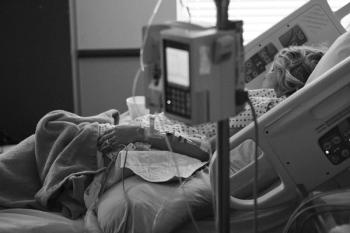
Almost half of the participants in the study had an opportunity to improve their antibiotic regimen.

The pilot program was demonstrated to significantly reduce days of antibiotic therapy.

More than half of the pharmacist led interventions were accepted by providers during the intervention period.

A majority of the study participants experienced symptoms that interfered with activities of their daily life.

A large retrospective analysis of Medicare patients offers a glimpse of the incidence rates of this patient population and the burdens associated with it.
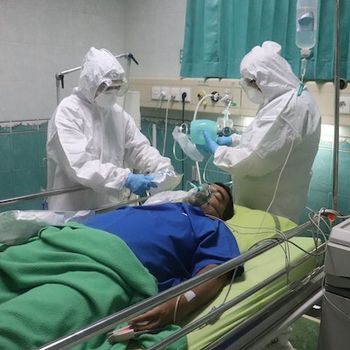
The IL-6 targeting monoclonal antibody is linked to improved inflammatory and hemodynamic markers in hospitalized patients.

Interventions implemented by pharmacists were more likely to be accepted by prescribers.

A meta-analysis suggest the 2 first-line C diff therapies provide similar outcomes, yet differ in recurrent infection risk.

Study finds communicating on Electronic Medical Record (EMR) led to follow-up with infectious disease providers.

In-hospital mortality and recurrent bacteremia occurred in 58% and 17% of patients with persistent VRE BSIs.
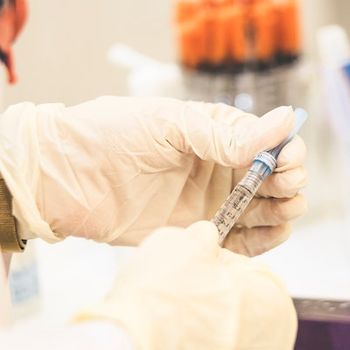
A concerted effort to increase flu vaccination during the COVID-19 pandemic resulted in more protection among a high-risk population, as well as educational opportunities for pharmacy students.

Rates of in-hospital mortality and days with bacteremia were similar between the two study cohorts.

The antibacterial is efficacious in a majority of patients in a small study.

Antimicrobial stewardship education was conducted with de-identified provider-specific prescribing scorecards.

Glenn Tillotson, PhD, discusses possible avenues for future research on gram-negative skin infections and inappropriate empiric therapy.

Matthew Girgis, PharmD, PGY-2, discusses why it's advantageous to decrease patient exposure to vancomycin.
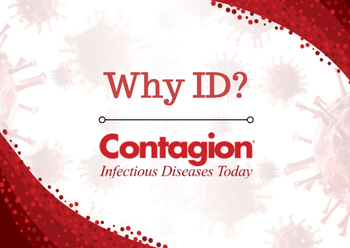
We asked providers in the field why they pursued a career in infectious disease.
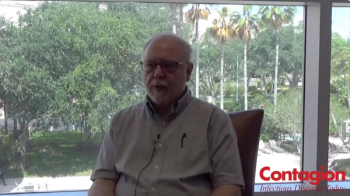
Glenn Tillotson, PhD, explains how inappropriate empiric therapy can drive poor outcomes.

Kimberly Claeys, PharmD, discusses the need for more data on rapid diagnostics for gram-negative bloodstream infections.
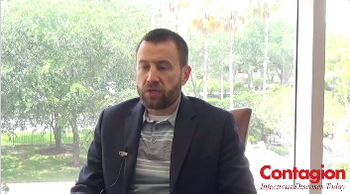
Thomas Lodise, PharmD, PhD, discusses why "time to clinical response" is a valuable metric to use in clinical studies.

At MAD-ID 2019, Alison Lew, PharmD, spoke about her research on oral vancomycin prophylaxis to reduce CDI recurrence.

Renee Ackley, PharmD, BCPS, discusses her research ceftazidime/avibactam and meropenem/vaborbactam for treatment of CRE infections.